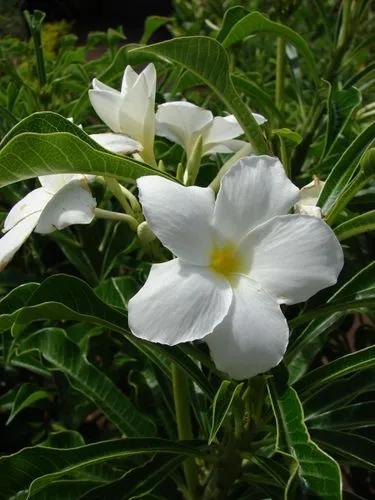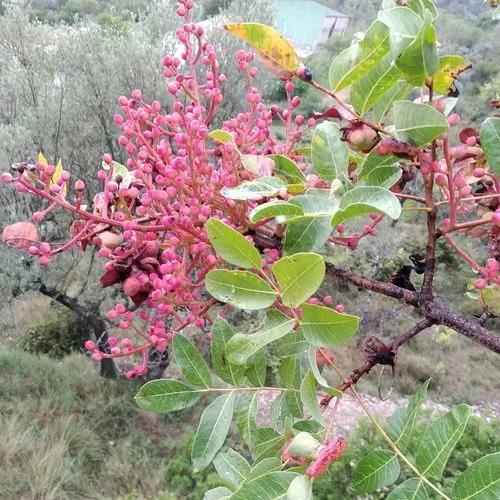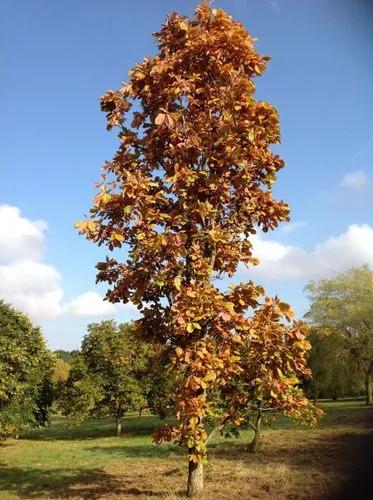Prosopis juliflora is a shrub or small tree in the family Fabaceae, a kind of mesquite. It is native to Mexico, South America and the Caribbean. It has become established as an invasive weed in Africa, Asia, Australia and elsewhere. It is a contributing factor to continuing transmission of malaria, especially during dry periods when sugar sources from native plants are largely unavailable to mosquitoes.
Mesquite Care
Prosopis Juliflora



Growing to a height of up to 12 metres (39 ft), P. juliflora has a trunk diameter of up to 1.2 metres (3.9 ft). Its leaves are deciduous, geminate-pinnate, light green, with 12 to 20 leaflets. Flowers appear shortly after leaf development. The flowers are in 5–10 cm long green-yellow cylindrical spikes, which occur in clusters of 2 to 5 at the ends of branches. Pods are 20 to 30 cm long and contain between 10 and 30 seeds per pod.
A mature plant can produce hundreds of thousands of seeds. Seeds remain viable for up to 10 years. The tree reproduces solely by way of seeds, not vegetatively. Seeds are spread by cattle and other animals, which consume the seed pods and spread the seeds in their droppings.
The sweet pods are edible and nutritious, and have been a traditional source of food for indigenous peoples in Peru, Chile and California. Pods were once chewed during long journeys to stave off thirst.
How to Care for the Plant

Popularity

65 people already have this plant 4 people have added this plant to their wishlists
Discover more plants with the list below
Related articles






